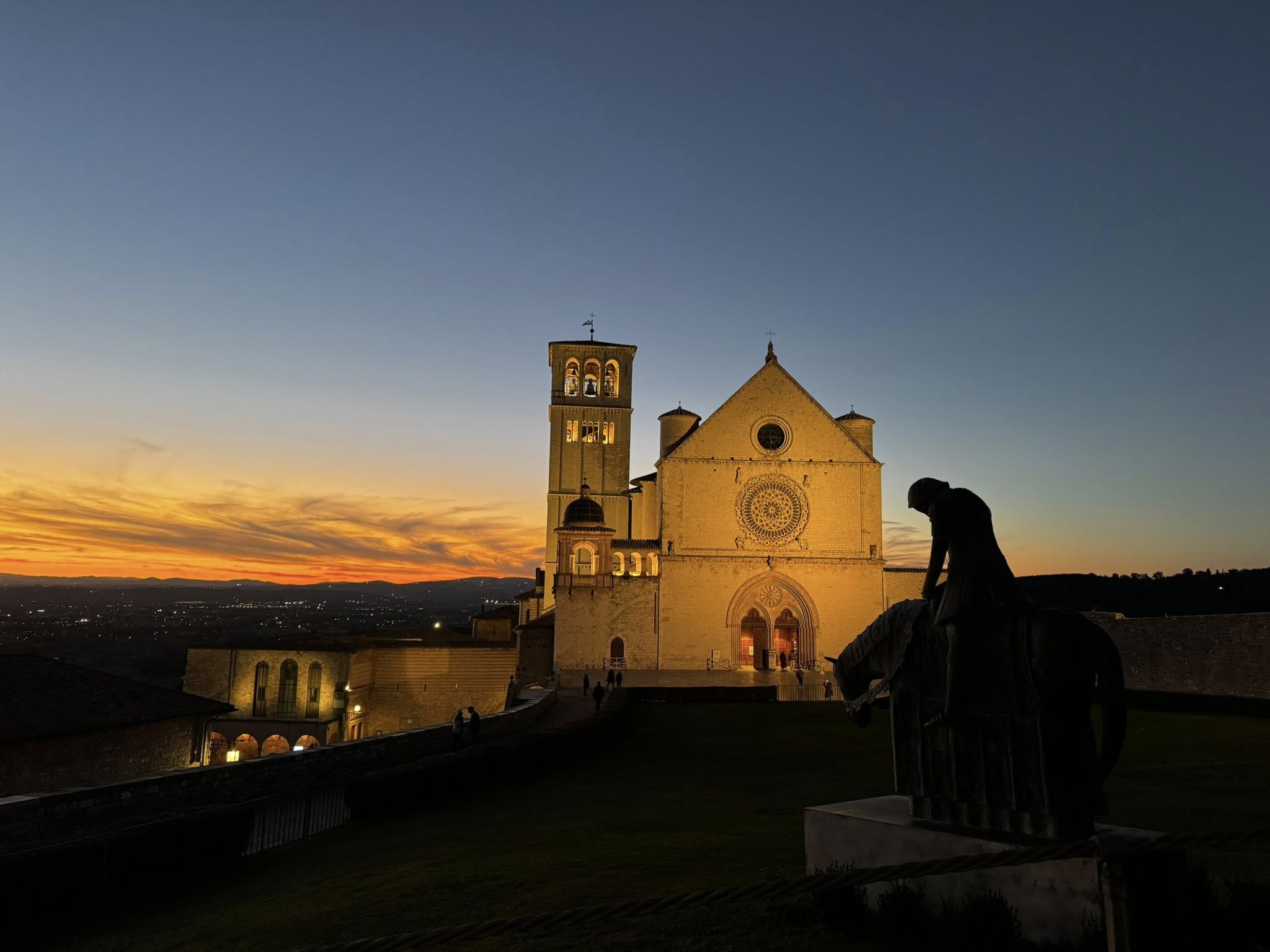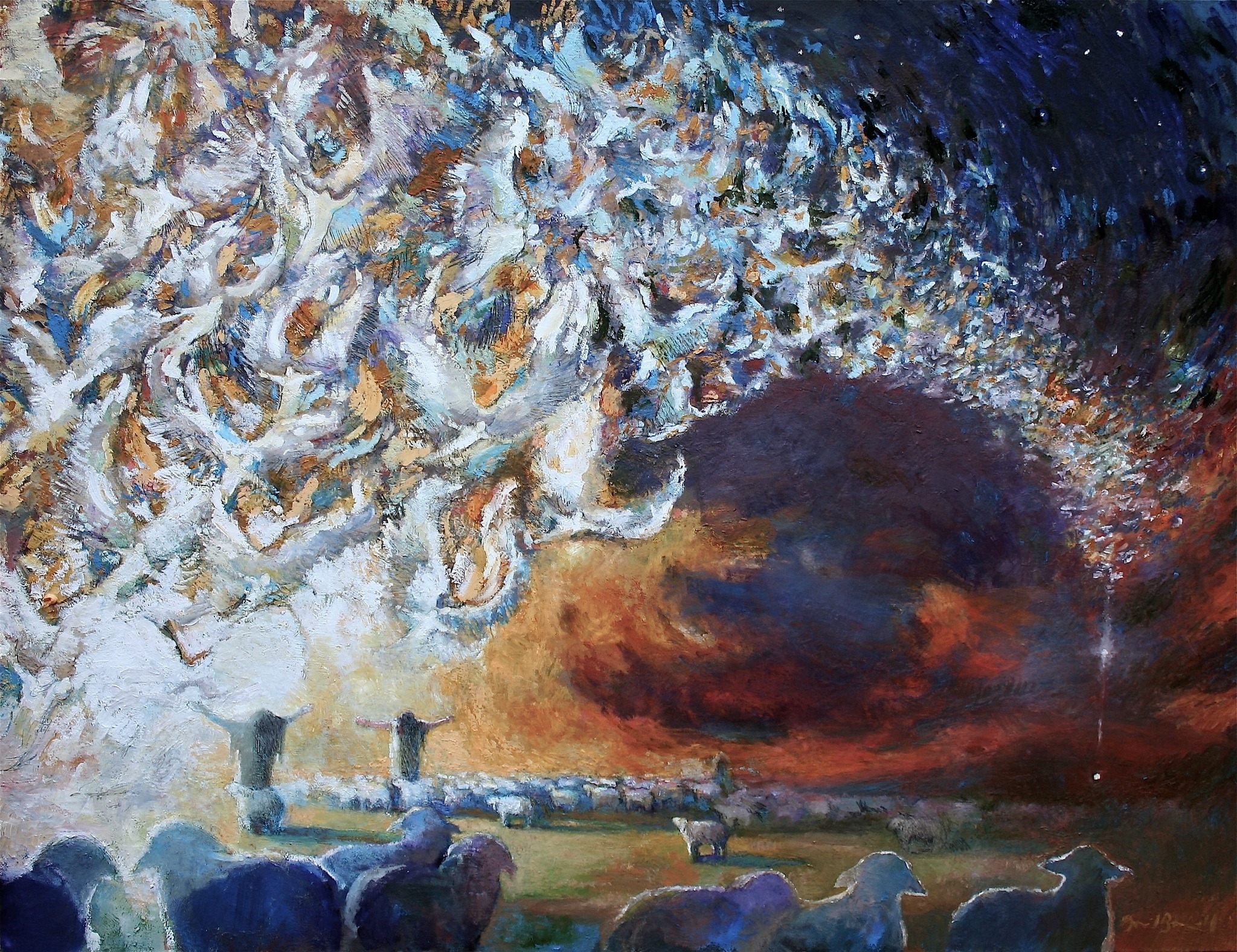– Vittorio Messori
There is a figure among many that can help to understand the difference between the Mediterranean countries and Great Britain. In 1987 – two years after the appointment of Gorbachev as head of the Soviet Union and two since the fall of the Berlin Wall – the Italian Communist Party (the largest in the whole of the West) still had a million and a half members. In France there were around 800,000 and in Spain over 300,000 thousand. At the same date, the Communist Party of the United Kingdom had a total of 12,000 members. Traditionally, the Communists have always been little more than a small folk minority.
The English secret? The fact is that the English rejection of the French Revolution and its so-called “values” (until the final victory at Waterloo) meant the rejection of the modern ideologies that had their great baptism in the Grande Révolution. Showing to what they brought, if put into practice, the magnificent theories of a new, just, supportive, fraternal world. England was generous in welcoming those fleeing from France of the Jacobins, beginning with thousands of Catholic priests, treated as well as possible, even in a country that practiced the anti-papism of Anglicans and reforms. That very liberal reception was repaid. In direct contact with the victims of visionary utopias, those pragmatic islanders have decided to stay away from the revolutions and to progress, yes, but without denying the past. British labor, that is, the British form of socialism but not Marxist, has been very serious, often tough in defending the rights of workers, but never questioning the very foundations of society. That anti-revolutionary vaccination in the years of Robespierre, years lived seeing the suffering of the refugees, explains the miserable figures in the United Kingdom, of the followers of the ideological, utopian, extremist movements. Starting with communism.
***
People are again questioning (it is rather boring, it has been happening for centuries, if not for millennia) the celibacy of priests, foreseen for all the consecrated persons of the Catholic Church alone. One day, Jean Guitton struck me, telling me that his faith in an existence beyond death was strengthened by seeing a priest, as long as he was recognizable and not disguised as a layman, as today almost always happens. “It comforts me,” that thinker told me to whom I owe a lot, “why ecclesiastical celibacy, if freely chosen and joyfully lived, seems to me the sign of waiting. The expectation of eternal life, for which one has renounced the more the earthly life is marked: the formation of one’s own family. The celibate priest, and happy to be, is ‘one who awaits’ the afterlife, choosing that state of life. Also for this reason it is a testimony among the strongest.” Remaining in the theme, a phrase by André Frossard that, this time, I take from one of his writings: “Contemplative orders, the cloister: a heroic group of men and women who chose imprisonment to make us free and the obscurity of hiding so that we can have the light.”
***
About cloister. As we know, and as I have already mentioned here, the greatness and effectiveness of the Rule of Benedict are in its balance: the proposal of a high ideal, of course; but also understanding for human weakness. Ascendancy and moderation, utopia and realism. Famous – I mentioned it myself – is the chapter in which the legislator observes that, if one wanted to pursue perfection through renunciations, the wine would not be suitable for the monks. But, he says, one must take into account human weakness: therefore, one must drink it, provided it is in moderation. Fixed in this regard the permitted quantity, but indicates an ancient measure (the haem) that had a different value from place to place and that therefore left the abbot wide discretion, which often increased the dose so vaguely indicated. In short, a holy and desired ambiguity. But the same understanding was practiced even in that Carthusian Order which had, and has, the most severe rule, along with that of the Trappists. The prayer of the monks also filled a good part of the night, sleep was broken up in the dark hours. But then, here is a mitigation: a siesta was allowed in the early afternoon: and not just to sit down in the chair of the cell. The provision immediately clarifies, naturally in Latin, that the superiors have come to the decision compatientes humanae infirmitatis, out of compassion for human weakness. So it is granted that the pause from prayer, study, manual work can be spent by the monks in lectis suis, in their beds. They can only seem curious anecdotes, in fact they are brushstrokes of a picture that confirms that the substance of Catholicism is moderation, the right means, the balance. Except, obviously, particular rare vocations (“the fools of Christ,” as spirituality calls them), all that is extreme, which is exaggerated, is not Catholic.
***
There was talk, above, of an Order such as the Carthusian one. It is still alive, even if in reduced ranks (in Italy the Charterhouses are now reduced to only two) but it was born in the High Middle Ages and in those distant times played a decisive social role, in the perspective of faith: pray always and for all for the living and the dead. Supporting the contemplative life the majority of men, immersed in active life.
But the Middle Ages is also the time of phenomena such as alchemy.
As we know, the alchemists’ goal was to find the formula and the way to transform cheap “vile” metals into precious metals. What is usually ignored is that many of those who practiced that art were not driven by a desire for personal enrichment, but by a noble social and even religious goal. They wanted to flood the world of silver (Parvum Opus) and gold (Magnum Opus), to take away from them the value due to their scarcity and thus nullify the desire of men to possess them. When silver and gold, they thought, will be as abundant as iron and other precious metals because they are abundant, men will not be induced to anything, including murder, in order to possess them. Hence the fact that not only the Church was always tolerant of alchemy but in the ranks of this science (which is such, paving the way for modern chemistry) militarized many clergymen.

 Follow
Follow

